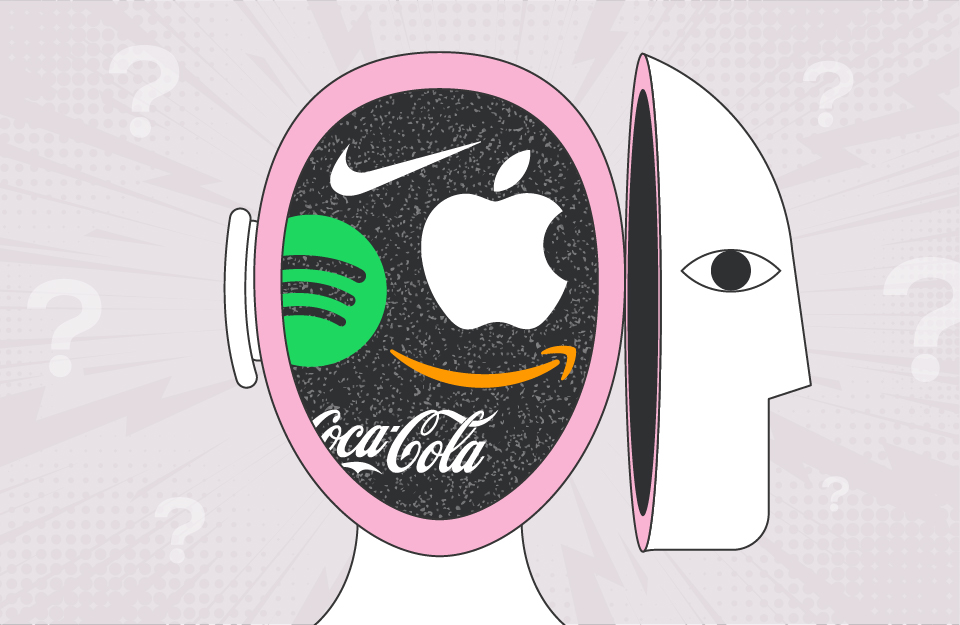As the world around us changes and augments, new technology provides fresh consumer access points for marketing to utilize. With these new technologies come new tools which, if implemented properly, can be concisely input into the new measurement metrics to show the effect of a professional marketing campaign. By embracing new technologies, it is now possible to use internet devices to quantify the reach of a specific marketing campaign. For website usage, the market-changing tool has been Google Analytics. It allows website owners or administrators to see how many people have visited a page, as well as the route that they took to get there– showing if a specific form of online campaign has been particularly successful. Google Analytics is now one of a growing group of analysis tools which help marketers see how their spend is related to higher virtual footfall and how this transfers into sales.
One of the internet’s fastest growing marketing tools is called Klout and is almost unique in the fact that it markets products to consumers at the same time as it measures success. As a service, it shows how influential a person or business’s social media presence is. However, it also features new utensils to integrate the human element of marketing into a successful campaign. This is because Klout offers ‘perks’ to users with high scoring online presence. These ‘perks’ are merchandise designed to show off new products that partner companies are promoting. The principle of this giveaway is that the users are social media ‘influencers’ and will endorse the product with tweets and posts which appear authentic to the user’s friends. Therefore, by using targeted measurements, the online tool has allowed for money to be spent in an efficient way, reducing costs and increasing sales far more than a generic advertising campaign.
Klout utilizes the growing importance of social media to try and influence advertising and sales but is only one of many services who are beginning to understand this untapped opportunity. By its very nature, social media is inherently interactive and inclusive. By participating in mass-market social communications, marketing can be targeted to specific customers who are likely to interact with your brand. Social media also creates the opportunity for letting customers come to you, making it a powerful and growing tool, as shown by 50% of consumers valuing a brand’s Facebook page more than its website. However, with this new opportunity comes new issues. The public and interactive nature of social media mean that brands become far more accountable. It is far harder to pull the wool over a customer’s eyes with snazzy marketing, as online reviews and social media chatter soon pick up on problems. This means that having a clear and useful customer care presence also becomes imperative. Despite seeming like a drawback of being on social media, proper and honest customer care in this environment can have benefits, as if customers receive good customer care via social media, they are likely to spend 21% more with that company.
As the general public interact far more with content, it becomes increasingly obvious that proper utilization of social media can play a growing role in a modern form of marketing campaign. New tools, including the likes of Facebook, Klout and Google Analytics allow not only access to higher levels of socially-active members of the public, but also allow for greater levels of analytic metrics. With the two sides of the marketing coin being merged frequently into a single online tool, it is becoming far easier to get reliable data on the role of marketing in the creation of sales. With this data, it makes conclusive evidence of the positive revenue effect of marketing. With this, the creative sector can use the powers of a new age of marketing to weather the storm of misrepresentation and come out a more efficient and stronger industry.
Elastic provides brand and marketing consultancy services. Please get in touch with us for more information.




